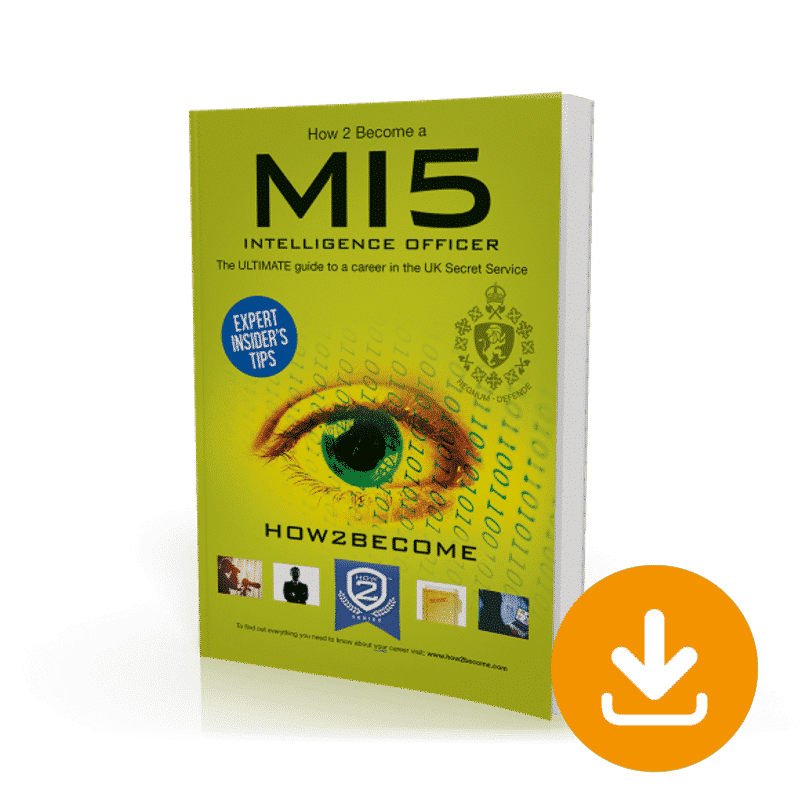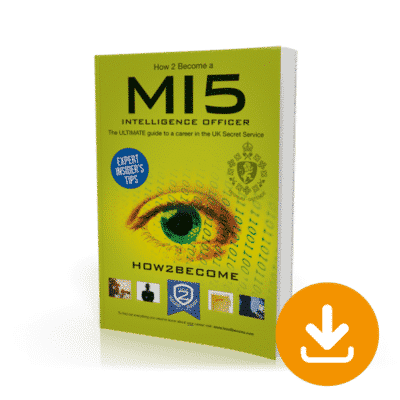Secrect Services Core Competencies
Before applying to any job, it’s really important that you consider your personality against the requirements of the role. This is especially important for the role of an MI5 Intelligence Officer, which requires very particular character traits and skills. These traits and skills are also known as ‘core competencies’. Core competencies are essentially a list of behaviours and attributes that potential candidates need to be able to demonstrate in order to succeed. The better you can prove that you are in possession of the core competencies, the better chance you will have of getting the job.
hroughout the selection process, you should use these core competencies as the basis for every single one of your responses. You need to demonstrate in every response that you meet the standards and behaviours of the organisation, and that you are aware of why these standards are important.
Teamwork: When working as an Intelligence Officer there will be numerous occasions during the day when you have to work as part of a wider team to solve or deal with an issue. You’ll need to work closely with other related employees or outside agents, in order to ensure the best possible course of action.
As a member of a team, you will need to show an ability to:
- Work within the dynamics of a group;
- Show commitment to the team’s goals;
- Accept and give feedback in a constructive manner;
- Motivate the group to perform to its maximum potential.
Given the importance of the role, is it fundamental that all employees of MI5 are working as harmoniously and efficiently as possible. You need to be able to put personal differences aside for the greater good of the country.
Planning and organising: The second core competency that you will need as an MI5 Intelligence Officer is the ability to plan and organise effectively.
This ties in heavily with the previously mentioned ‘team working’ competency, as there will be times when you are placed in the role of team leader. This will require you to organise other people as well as yourself. You’ll need to be exceptionally organised when dealing with high levels of threats, as one serious mistake could cost thousands of lives.
Important investigations and operations can often take months of planning, and therefore it is vital that you are someone who can demonstrate that you have the ability to plan and organise well ahead of schedule.
As a good planner and organiser, you will need to show an ability to:
- Develop clear goals which are consistent with agreed strategies;
- Identify and prioritise key assignments, as well as making adjustments to your priorities in light of specific situations;
- Demonstrate good time management skills when completing tasks;
- You can find a complete list of the MI5 Intelligence Officer core competencies in our comprehensive guide.




